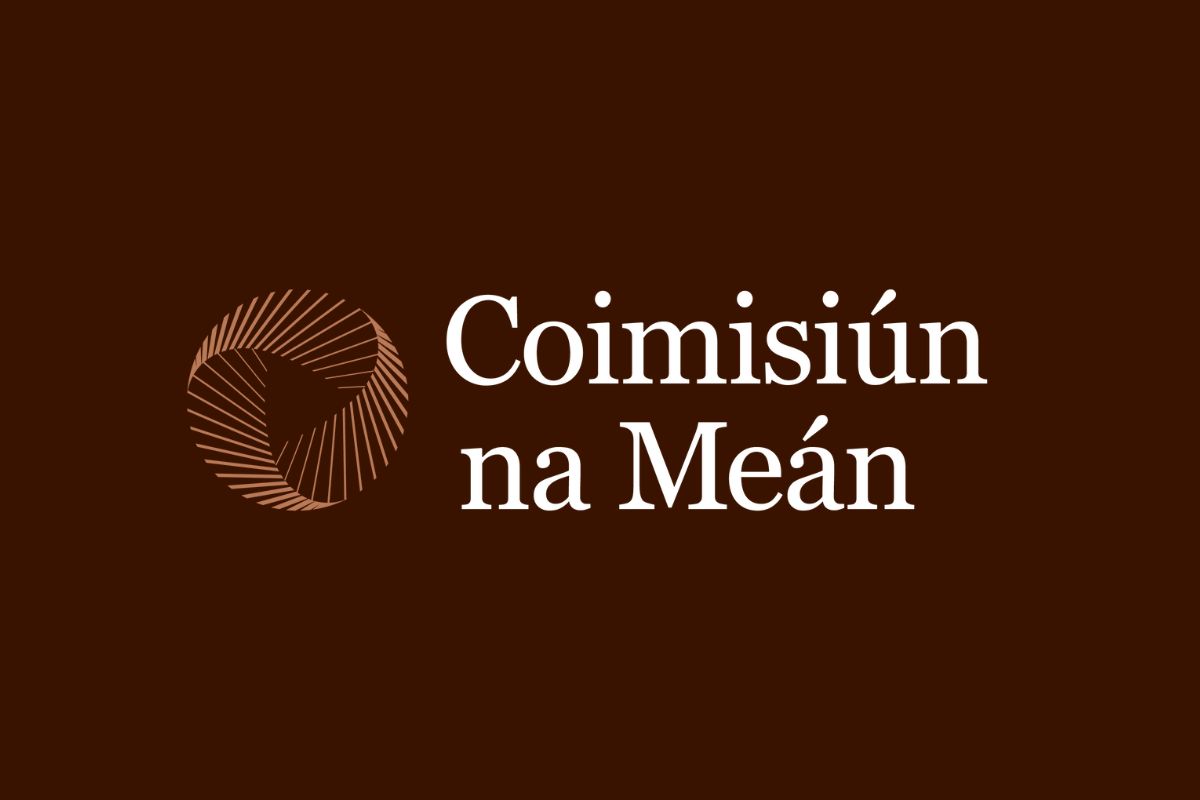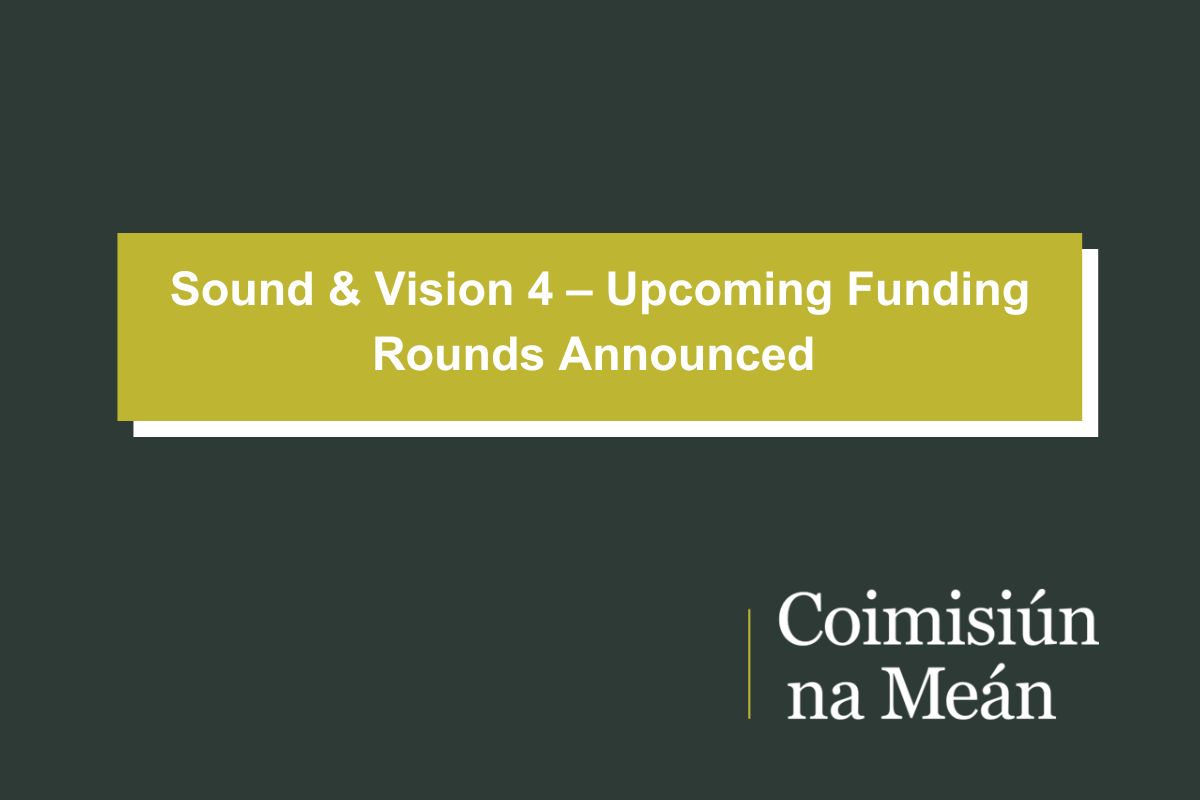Local Democracy and Court Reporting Schemes will support both the media sector and high-quality journalism in all counties in Ireland
Coimisiún na Meán is seeking the public’s views on two new journalism schemes which aim to supplement and increase coverage of local authorities and district court hearings. The schemes are being established to ensure that all people have access to news in their own areas and that the news they receive is trustworthy and accurate.
The Schemes are based on recommendations from the Report of the Future of Media Commission and are being established on an administrative basis thanks to funding secured by the Minister for Tourism, Culture, Arts, Gaeltacht, Sports and Media, Catherine Martin TD.
The new journalism schemes will be open to applications from journalists and media outlets, including broadcast, print and online platforms, in both the Irish and English languages. Coimisiún na Meán will ensure that all content funded under the Schemes is available in both Irish and English on an online portal, where the content will also be archived.
Commenting on the launch of the consultation on the proposed schemes, Media Development Commissioner at Coimisiún na Meán, Rónán Ó Domhnaill said: “The €5 million available under these Schemes will ensure that local media can continue to perform its vital role in reporting on matters of public interest and improving access to trusted, quality information. They will support the creation of high-quality public interest journalism in both Irish and English, strengthening plurality, supporting the resilience of the news media sectors and enabling free and open debate on matters of public interest and importance as well as participation in democratic society by informed citizens. I would like to thank Minister Catherine Martin for her support for these Schemes.”
Coimisiún na Meán is now inviting views on the proposed approach to both Schemes as part of a public consultation process. Information on the consultation processes can be found here:
- Local Democracy Reporting Scheme Consultation (English)
- Local Democracy Reporting Scheme Consultation (Irish)
- Courts Reporting Scheme Consultation (English)
- Courts Reporting Scheme Consultation (Irish)
Coimisiún na Meán will finalise and launch the Schemes after the consultation.






